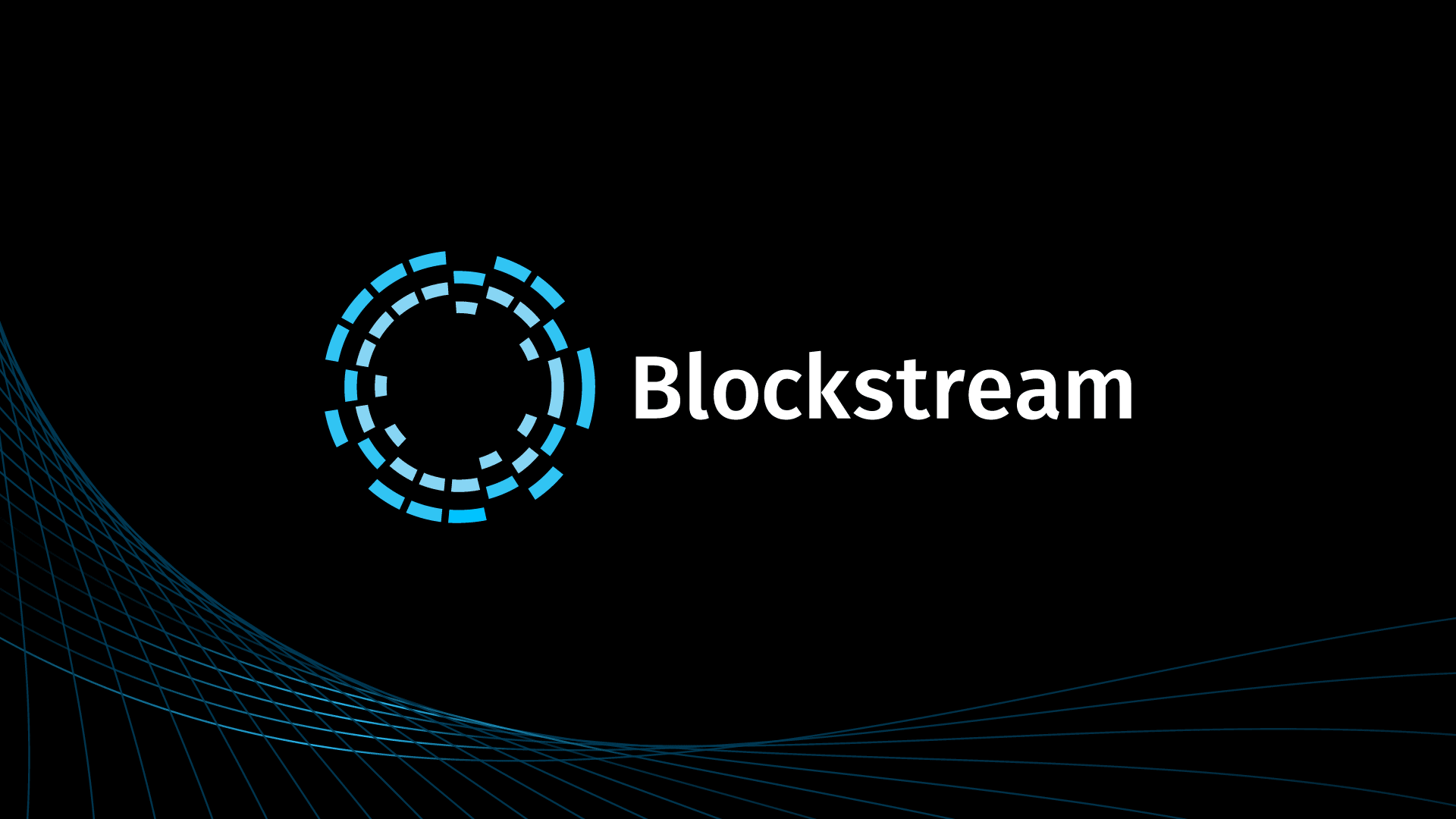We’re excited to announce the release of Sidechain Elements. Sidechains extend Bitcoin functionality through interoperable blockchain networks and today’s open source release includes an experimental sidechain that has a number of new working capabilities. With the release of Sidechain Elements, Blockstream is moving this effort into the community. We’re inviting developers to work with us, to test and use the code for their projects, and to share their proposals and code for additional capabilities.
Sidechains are decentralized, peer-to-peer networks that provide useful security, risk, and performance enhancements for global systems of value exchange that don’t need intermediaries, central banks or other third parties. They are distributed ledgers that are interoperable with each other and with Bitcoin, leveraging the most secure blockchain and code infrastructure in an additive way. Sidechains enable innovators to safely develop new applications without jeopardizing Bitcoin’s core code and putting billions of dollars worth of digital currency at risk.
We began our work on sidechains almost one year ago first through extensive discussions and debate with others in the technical community, and then in the publication of a whitepaper and launch of Blockstream. Over the past several months, we’ve been coding and testing initial implementations all in preparation for today’s release.
Sidechain Elements consists of several components: the core network software to build an initial testing sidechain, eight new features not currently supported by Bitcoin, a basic wallet, and the code for moving coins between blockchains. We’ve selected a collection of elements chosen to be both exciting and useful to three audiences with overlapping interests: the broader Bitcoin community; core technologists and smart-contract programmers; and businesses just starting to explore blockchain use cases. The new elements include Confidential Transactions, Basic Asset Issuance, Relative Lock Time and several others. We’ve posted a video of our CTO, Greg Maxwell, walking through all of new capabilities.
The initial sidechain included in Sidechain Elements works on a federated security model; while it’s still peer-to-peer and consensus-based, security for the blockchain is provided by a set of predefined functionaries in an arrangement called a Fed-Peg. A number of academic groups and individual contributors have agreed to run the Sidechain Elements Fed-Peg, including blockchain groups at Stanford, MIT, and Princeton. The sidechain does not include mining or proof-of-work at this point.
In the coming weeks, we’ll be publishing an early draft of a proposal for a fully decentralized, two-way peg and merge-mined sidechains, which will enable us to test other types of sidechain functionality.
Sidechains are an emerging technology, and this work is in its early stages. The code and working sidechain provide a basis for research and prototyping. We’ll undertake many of these efforts, and anticipate many others will happen independent of Blockstream with over 30 major financial institutions launching blockchain innovation projects, as well as interest in this tech from other Bitcoin and blockchain-based ventures.
Here be dragons: While much of the underlying science isn’t new, this is an alpha code release. We’ve intentionally focused on a Testnet sidechain and strongly urge others to avoid implementations that involve bitcoin or other real-world assets. Fiduciary code like this requires significant peer review before moving onto production environments.
Sidechain Elements is available under the MIT open source license, along with initial documentation, on Blockstream’s code repo. We’ll make ourselves available to work with developers, and we invite the technical community to join the discussion and get involved in moving sidechains and distributed ledger technology forward.
